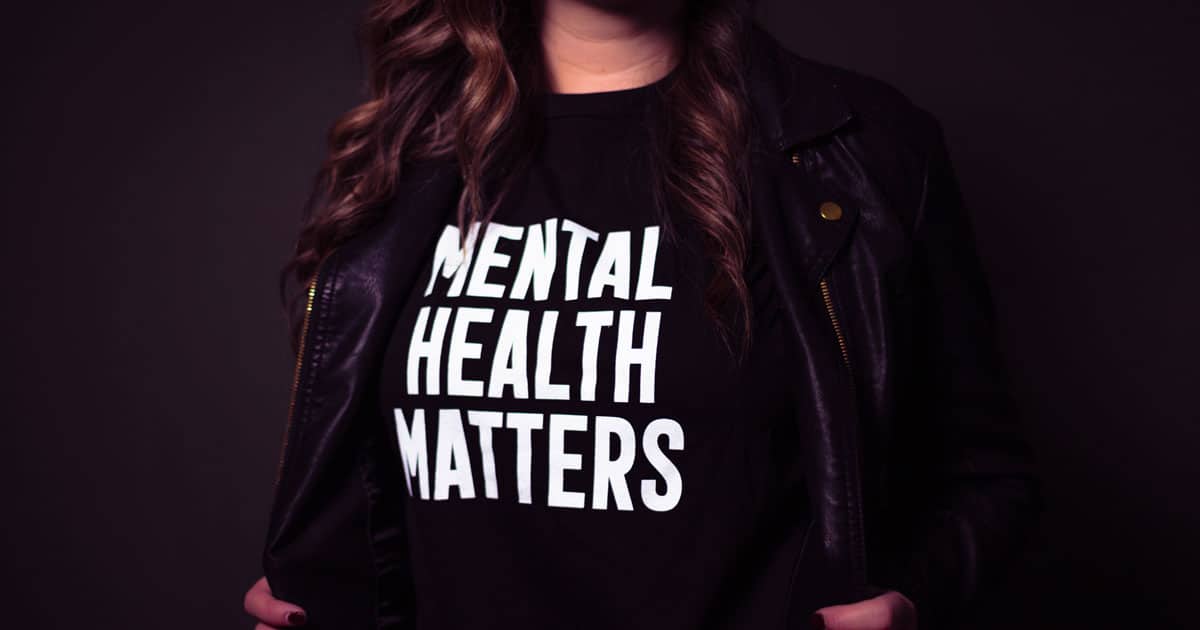Mental health plays a major role in staying sober and the overall well-being of a person. While people are very concerned about their physical health, they often turn a blind eye to mental health. Addressing mental health issues and tending to their needs is an essential part of your healing process. Without maintaining good mental health, there is always a possibility of relapse, which will slow down your recovery process. So, you need to cultivate good mental health to lead a good life without relying on any substance.
If you are fighting with addiction and are having mental health issues caused by the prolonged abuse of alcohol or other substances, you do not have to struggle with it anymore. An outpatient substance abuse center like TruPath Recovery will help you recover from addiction and restore your physical and mental health with comprehensive care. The evidence-based addiction treatment along with holistic interventions will help the addicted individual to achieve the path to long-term sobriety. Moreover, the customized dual diagnosis treatment plan will heal all mental health issues and lead a healthy life without using any substances.

You can go through the guide if you are struggling with mental health issues and are looking for ways to maintain them during addiction recovery.
Focus on the present
While recovering, it is very important to stay relaxed and calm. Thinking about your past and the mistakes that you did will only make you stressed and anxious. This will negatively affect your mental health. Therefore during addiction recovery, it is important to focus on the present and think only about your treatment and healing process.
Deep breathing and guided meditation can help you stay grounded and reduce anxiety. Break down your recovery journey into smaller, achievable goals. Spend time each day reflecting on your progress, challenges, and successes. Journaling is a helpful tool for self-reflection. Identify and minimize exposure to people, places, or situations that may trigger cravings or negative emotions.
Surround yourself with positive people
While recovering, it is very important to stay away from all the negativities that can hurt you and make you stressed. Therefore surround yourself with people who have your best interest in their mind. These people will emotionally and mentally support you throughout the recovery process, which is extremely essential.
Additionally, a psychologist in Ottawa or your area can help you become more optimistic by utilizing various therapeutic techniques and interventions. Optimism entails a good mindset that can be cultivated, and psychologists employ evidence-based approaches to guide individuals towards a more positive outlook on life.
Locate a peer support group
Connect with a peer support group and take their guidance. Since there are people who are going through the same situation, there will be a level of comfort and understanding. They will provide you with guidelines and will respect and empower you.
Get a good sleep
A person who is abusing alcohol or substances will be having many issues and one major issue may be a disrupted sleeping pattern. At times it can be as worse as suffering from insomnia. Research shows that lack of sleep can affect your mental health negatively. Therefore try to restore the sleeping pattern and get at least seven to eight hours of sleep every night. Limit your caffeine intake during the late afternoon as it will hinder your sleep. Also, try to avoid electronic gadgets like mobile phones and television. Engage in activities that will help you relax like exercising and meditation to get a peaceful sleep.
Stay engaged
While recovering, it is very essential to stay engaged. When you have free time, there is a possibility of relapse. Therefore try to engage in activities and hobbies that you enjoy and are productive.
Engaging in painting or drawing provides a therapeutic outlet for self-expression. Walking, jogging, and yoga promote overall well-being and help manage stress and anxiety. Learning new skills or pursuing educational interests brings a sense of accomplishment and purpose. Also, you can connect with friends and family or participate in support groups for a strong support system during the recovery journey.
Mend relationships
When an individual is abusing alcohol or substances, there is a possibility of hurting people who genuinely wish for their well-being. Take the time of your recovery to ponder your actions and mend your relationships. Rebuilding these relations, showing gratitude, and asking for forgiveness will lift your mood and make you feel good about yourself.
Show that you’re sincere in improving your life by staying sober. Demonstrating your commitment to an addiction-free life is a strong motivator for other people to trust you. So, attend check-ups and undergo treatments religiously. Furthermore, encourage your loved ones to be a part of your recovery journey by asking them to be your constant reminders.
Understand that your mental well-being is as important as your physical well-being. If you are experiencing mental health issues, seek professional help to maintain your overall well-being.
